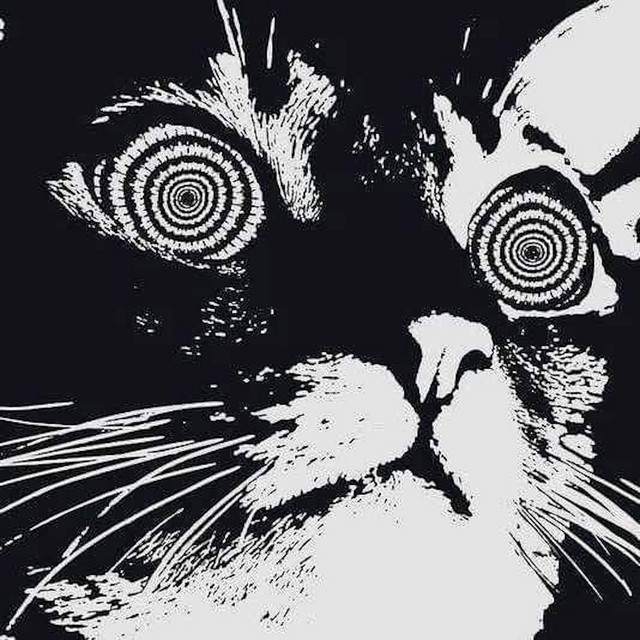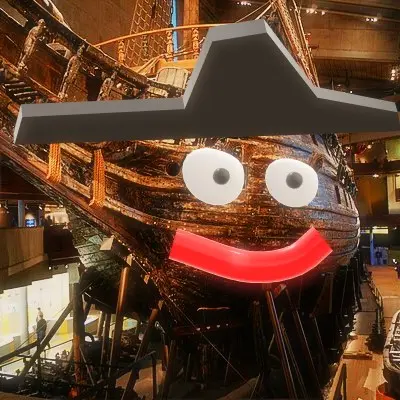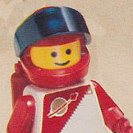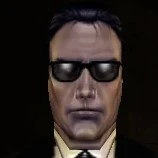What games have what you’d call really good worldbuilding, and what in particular do you like about them?
https://en.wikipedia.org/wiki/Worldbuilding
Worldbuilding is the process of constructing an imaginary world or setting, sometimes associated with a fictional universe. Developing the world with coherent qualities such as a history, geography, culture and ecology is a key task for many science fiction or fantasy writers. Worldbuilding often involves the creation of geography, a backstory, flora, fauna, inhabitants, technology, and often if writing speculative fiction, different peoples. This may include social customs as well as invented languages (often called conlangs) for the world.
The TES series in general for its massive, expansive lore.
But Morrowind in particular has absolutely incredible world-building with incredible creativity and originality. There is a reason why so many people keep going back to the n’wah simulator and it’s because the world is so rich and fleshed out. So much of the following games was built off Morrowind’s stunning work.
As someone whose first TES was Morrowind, it set the bar so high in terms of worldbuilding, I was honestly a bit disappointed with the later entries into the series. Oblivion (more generic fantasy setting) and Skyrim (nordic with dragons) definitely played better, but the worlds were much less unique and memorable.
Twice now I have tried to make a top level comment and accidentally responded to a thread instead… Anyway…
Instead of leaving this deleted I will agree wholeheartedly that while I personally am not the biggest fan of the TES series they have some of the most deep, complex and (somewhat) organized lore there is.
I just wish they would hire better script writers and weren’t so afraid of locking content behind player choices. Always having every option available just feels a little silly.
Yeah. And Skyrim really needed better VAs. That one guy who voiced Farengar just did not properly understand some of his lines and consequently butchered them.
Disco Elysium, such interesting and complex world building beneath the drunken detective murder mystery. Shame ZA/UM ruined everything with the devs and we probably won’t get anything else out of it.
I could have listened to the rich lady‘s reality rundown for hours.
Mass Effect completely blew me away when it came out. Loved the overall lore about the Reaper threat and how the different species were connected to each other.
Horizon: Zero Dawn was also great in that regard, and the world felt really well put together, even though the lore wasn’t quite as deep.
Fallout
Half-Life 2
Yeah, that is a great classic example. There’s a lot of environmental storytelling so you can get an idea of what’s going on, and what it is is very interesting, but it doesn’t get in the way of the game or its story.
Gothic one and two are really good. In the first game you are dropped into a prison colony and very soon a guard will try to extract protection money from you. In any other game the guard would just kill you, instead you will meet another guy asking you for help. He then lures you to a secluded space, reveals that he was sent by the corrupt guard, and beats you unconscious to steal your money.
Another game I will never stop recommending, because of its worldbuilding, is the excellent Enderal: Forgotten Stories. I really like how it depicts the theocratic society of the continent the story plays out in. The story about what initially seems like a standard fantasy thieves guild but is actually a cult that shuns emotion and try to transcend the physical body, is also really good and ties in with the overarching plot of the game.
Hollow Knight.
Absolutely can’t get enough of the world and all the interesting characters and hidden lore.
One detail that held to me the strongest is the characters’ talking patterns. It feels like dialogues were written in another language and then converted to English. The strongest example I think was the lady that gives the Knight flowers for delivering, which also is added to, iirc, being at least implied she is one of the oldest creatures in Hallownest.
Pillars of Eternity. I really appreciate that they must have had some Anthropology majors on the team, especially for II, because the worlds feel much more exotic than other RPGs. It shows up just how generic Medieval Fantasy most RPGs are.
The tropical Roparu (?) society with its caste system is particularly interesting. The interaction of the various factions is believable. And of course the pantheon is well though out.
The downside is that they can be clumsy about exposition of the world - especially in the first one, you get these enormous lore-dumps.I can’t wait till they add true turn based combat to Pillars of Eternity.
I played about 3-4 hours and the loved setting and the world, but the real time combat did not work for me.
I don’t mind real-time combat, but it has to be in third person.
I couldn’t agree more! It’s a fantasy game but it explores some really cool concepts; like colonialism and freedom vs order.
I also love how reincarnation is a fact of life in that world, and souls are a real, almost physical, thing that can be manipulated and used.
Cyberpunk has a city that actually feels like a real city to me.
After playing the story through a few times, it’s hard to actually stay invested in it anymore, I also did all side quests one run too, and I’m not keen on repeating that. However, 2077 is the only game where I will start it up just to drive around and listen to some music, whether in game or something I pick myself, and then just turn it off. Usuallt for 30-45 minutes. And I played many of the GTAs and all but the first Saints Rows. But only 2077 will I drive around just for the hell of it.
I strongly agree. Cyberpunk 2077’s Night City feels amazing to explore.
Deus Ex, anyone?
This one is it for me. The game really does so much with so little. The reality of the game is that it is a roughly linear sequence of closed levels (with some hub levels thrown in) that feels like a cohesive, connected world. It’s absolutely incredible!
Yes, I go back and replay the game every few years. Its grittiness is definitely a bit silly to me now, but when I was a kid, I was enchanted by it. While the Jensen games did not have the charm of the OG, the first was still decent, and it’s a shame Square Enix drove it into the ground with the second Jensen title.
DX:MD is one of the most fun stealth games, it’s just unfortunate they put vent shafts everywhere. Absolutely tragic what Square Enix did with the preorder bullshit.
Subnautica and Raft
Having played a lot of raft with my kids, I can say I never would have thought of it for this. But looking back, yeah, there is a good deal of world building going on.
Wait Raft has lore and world building?? I love that game but I never even paid that close attention. Guess I need to go look now.
Rimworld
Dragon age
Too bad they never made a sequel to Origins. ;)
2 was better. Fight me.
STALKER. The Zone is amazing. Currently replaying Call of Pripyat for my third or fourth time through, a year after playing the shit out of Heart of Chernobyl, and I’m absolutely loving it.
Dang. I wish I could enjoy replaying it, but nothing will capture the magic of the first time. I always love watching others experience my enjoyed titles live for their first time, though.
Outer Wilds, especially with the DLC.














